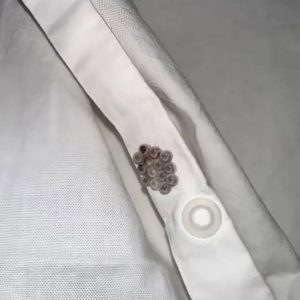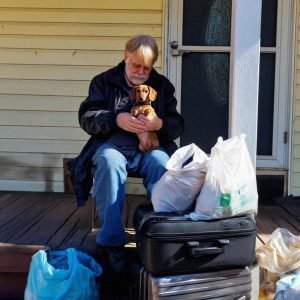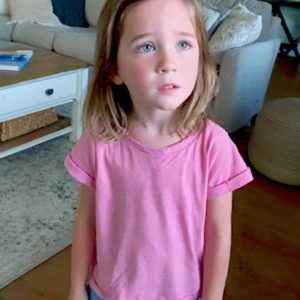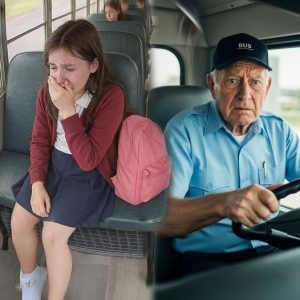At 3 a.m., my phone lit up—eighteen missed calls from my daughter and one text: Mom, help me! Seven months pregnant and alone, she swore she hadn’t sent any messages. But on my phone, a second text appeared: Come to the park. Now. Please.
I drove four blocks to the empty playground, where a man sat on a bench. He looked tired, unshaven, and nervous. “Are you the woman with the daughter?” he asked softly.
I froze. “How do you know her?”
“I’m her father,” he said.
I laughed bitterly. “He died when she was eight.”
“That’s what you told her. Maybe it was easier,” he said quietly.
His name was Rafael. He and I had a past—one I buried long ago. He’d sent the messages, hoping to reconnect. He had found my grandmother and learned the truth.
I told my daughter everything—the lies, the fear, the years of silence. She listened and finally said, “I want to meet him.”
Rafael showed up at a café, nervous but sincere. He didn’t ask for forgiveness—he just showed up. Over time, he fixed things: the closet door, groceries, texts checking in. When the baby came early, they both fought to survive.
Rafael cried holding his granddaughter, singing lullabies in Spanish. He found work, made a home, and quietly earned his place in our lives.
One night, my daughter whispered she wanted to give the baby his name as a middle name.
Forgiveness isn’t forgetting—it’s opening the door just a crack, for them and for yourself. People can change. Sometimes, second chances come quietly.





